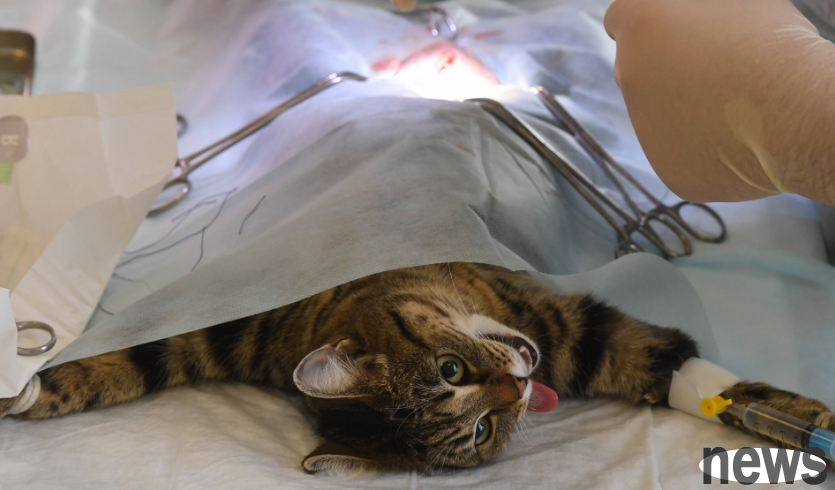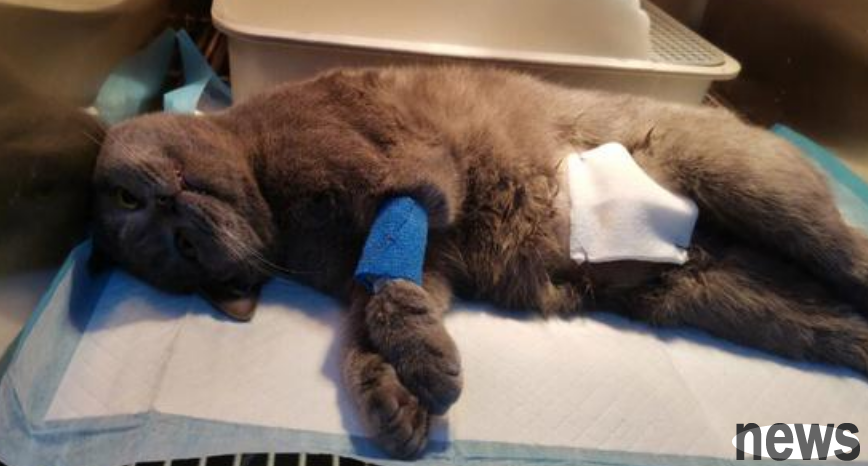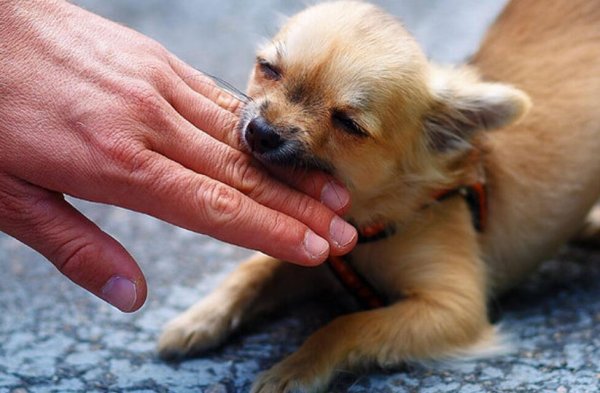You must know the benefits and disadvantages of sterilization of cats!
What are the benefits and disadvantages of sterilization of cats? Cat sterilization can reduce the rate of stray dogs in cats, reduce over-reproduction of cats, and reduce social burden. It can also prevent cats from suffering from STDs and reduce the chance of cats spreading diseases. But for pets in the family, spaying may reduce the pleasure of their lives and may reduce their connection with them.
1. Benefits of sterilization for cats
1. Reduce the occurrence of diseases
sterilization surgery can avoid or reduce the risk of reproductive system diseases in the cat, such as uterine pus, ovarian lesions, breast tumors, testicular tumors, etc. These diseases are more common in unspasted cats, and sterilization can minimize the risk of it.

2. Reduce behavioral problems
Unspaed cats may experience adverse behaviors due to high androgen levels, such as urination, howling, and irritable. After sterilization surgery, the level of androgen will be reduced, and these behavioral problems will be greatly reduced. Therefore, sterilization surgery is an effective behavioral control method that can help cats become more friendly and docile, and can also prevent cats from anxiety, appetite loss, running around, and even jumping out of windows caused by estrus.
3. Extend cat lifespan
Studies have shown that cats who have undergone sterilization surgery will have a lifespan of 1-2 years longer than cats who have not undergone sterilization surgery. Therefore, sterilizing cats is not only beneficial to the health and happiness of cats, but also allows them to stay with their owners for longer.

2. The disadvantages of sterilization of cats
1. It is easy to gain weight
Because cats become gentler and lazy after sterilization, if they do not pay attention to controlling their diet and strengthening the cat's exercise volume after sterilization, it may cause changes in the cat's body shape and obesity, which will cause some health problems, such as fatty liver and other diseases.
Therefore, owners need to pay attention to their cat's diet and exercise. They can help cats maintain a healthy weight by controlling their food, providing high-quality food, using cat toys to train their cats, increasing daily activities, etc., to help cats maintain a healthy weight and avoid excessive obesity.
2. Risk of surgery
Any surgery has certain risks and complications, such as anesthesia, poor postoperative recovery, wound infection, etc. Moreover, for obese cats, because their bodies themselves have some potential health problems, the risk of surgery will also increase accordingly.
Therefore, in order to reduce the risk of surgery, it is recommended to send the cat to a regular pet hospital, select an experienced veterinarian for the operation, and conduct a comprehensive health check and evaluation of the cat before the operation. At the same time, appropriate care and observation are required after the operation, and any abnormal situations are discovered in a timely manner and deal with them in a timely manner.




